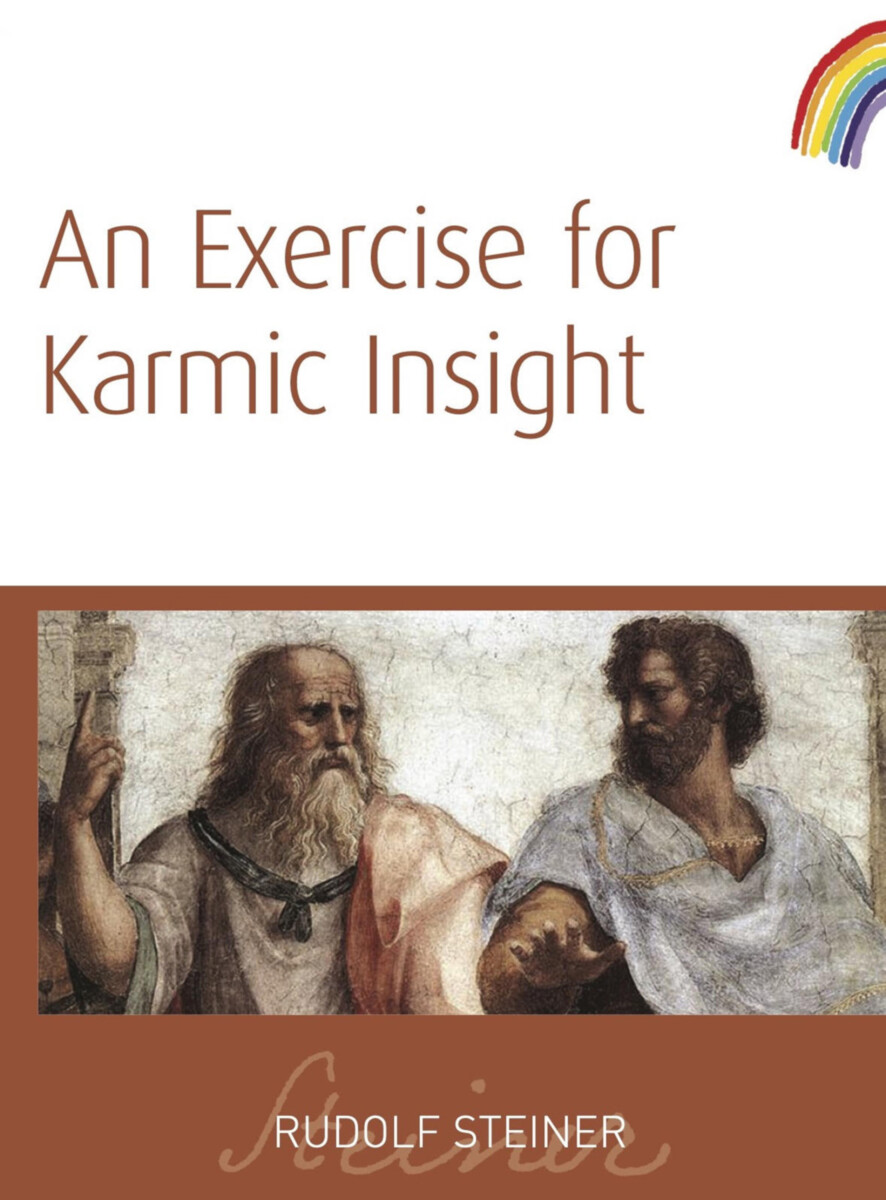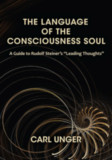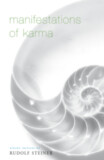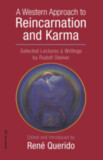An Exercise for Karmic Insight
(CW 236)
- Publisher
Rudolf Steiner Press - Published
26th June 2007 - ISBN 9781855841543
- Language English
- Pages 48 pp.
1 lecture, Dornach, 1924 (CW 236)
“There is the possibility of a comparatively quick maturing of insight into karmic relationships if, for a considerable time, we try patiently, and with inner energy, to picture with greater and greater consciousness an experience which would otherwise simply take its course, without being properly grasped, and fade away in the course of life.”
In this unique lecture, Rudolf Steiner presents a practical exercise for understanding karma. He points to the ordinary events of life, encouraging us to take an image of a single event and meditate on it. He describes the method in great detail, and explains how, over several days and nights, the image is incorporated into our various spiritual bodies. Eventually, the image reaches the physical body in a transformed state, leading to a perception of a previous earthly life and the cause of the event first pictured in meditation.
The audio CD edition—complete and unabridged—is read by the actor and speech teacher Peter Bridgmont, author of Liberation of the Actor.
Rudolf Steiner
Rudolf Steiner (b. Rudolf Joseph Lorenz Steiner, 1861–1925) was born in the small village of Kraljevec, Austro-Hungarian Empire (now in Croatia), where he grew up. As a young man, he lived in Weimar and Berlin, where he became a well-published scientific, literary, and philosophical scholar, known especially for his work with Goethe’s scientific writings. Steiner termed his spiritual philosophy anthroposophy, meaning “wisdom of the human being.” As an exceptionally developed seer, he based his work on direct knowledge and perception of spiritual dimensions. He initiated a modern, universal “spiritual science” that is accessible to anyone willing to exercise clear and unbiased thinking. From his spiritual investigations, Steiner provided suggestions for the renewal of numerous activities, including education (general and for special needs), agriculture, medicine, economics, architecture, science, philosophy, Christianity, and the arts. There are currently thousands of schools, clinics, farms, and initiatives in other fields that involve practical work based on the principles Steiner developed. His many published works feature his research into the spiritual nature of human beings, the evolution of the world and humanity, and methods for personal development. He wrote some thirty books and delivered more than six thousand lectures throughout much of Europe. In 1924, Steiner founded the General Anthroposophical Society, which today has branches around the world.








